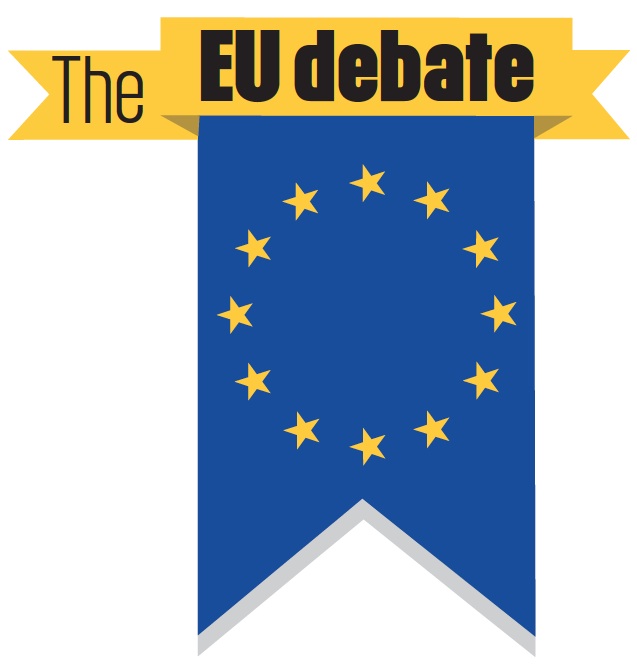Speaking at an event organised by CIPFA and think-tank CoVi yesterday, Willets said the freedom of movement and cross-border collaboration enabled by membership of the European Union are beneficial to the creativity and success of the UK’s university and research community.
“I think our students and academics gain from being able to move easily between Britain and the continent, and the fact is the EU is one of the frameworks that successfully delivers that mobility,” he said.
He noted that universities’ multicultural nature contributes to their creativity, and that foreign academics are usually those winning Britain the Nobel Prize.
“It is great that we can provide that kind of environment and membership of the EU is part of how we provide it,” he said. “When you look at the big international challenges we face, one way of looking at the world from one nationality is rarely going to be sufficient to tackle them.”
Others on the panel, including Vivienne Stern, director of the UK Higher Education International Unit, and Mike Galsworthy, founder of Scientists for the EU, agreed that the EU is central to the UK’s academic excellence.
Stern noted the unusual degree of consensus between university leaders on the issue, with the vast majority agreeing that “membership of the EU is fundamental to the ability of UK universities to thrive in a competitive environment”.
She pointed out that “internationalisation is highly correlated with excellence”. Research that involves cross-border collaboration has a higher impact, and 60% of those collaborations take place in Europe because EU mechanisms make them easy and possible at a scale that would otherwise be unachievable.
She went on to say that the EU provides access to a pool of talent that would be very difficult to replicate in the event of a vote to leave.
“Fifteen per cent of academic staff come from within Europe and without rights of free movement and the opportunity to employ from across the EU our universities would be poorer,” Stern said.
Galsworthy agreed that when barriers to an EU-wide network of scientists and researchers are removed, there is “colossal added value”.
He said the multicultural collaboration, freedom of movement and shared policy the EU provides is unique and has enabled the bloc to become a “science superpower” that outdoes the US and China in terms of the number of researchers and the amount of research produced.
Galsworthy and Stern both noted that the UK helps bring balance to debates, such as whether the EU’s research funding should be distributed on the basis of excellence or equity and capacity building. Sir Peter Scott, a professor of higher education studies at University College London’s Institute of Higher Education and a co-investigator for the Centre for Global Education, which hosted last night’s event, added that in turn the EU helps to bring a dimension of social responsibility to the UK’s increasingly overriding view of universities as instruments of growth and competitiveness.
Katy Owen, programme manager of CoVi, told the event that British people should do more to take advantage of the benefits EU membership, such as the Erasmus exchange programme for young people, as their counterparts across the channel already do.
Willets agreed that if Britain votes to remain, its relationship with the EU “shouldn’t just revert to what it was like before”, and that Britain needs to “raise its game” in encouraging people to go abroad to study or work.
However, all panellists remained adamant that staying in the EU was the best option, and refuted leave campaigners’ arguments that the UK could buy its way back in to all the benefits currently enjoyed as part the EU’s university and research programmes.
Willets pointed to Switzerland’s arrangement, where they exchange participation in EU university and research programmes for a hefty entry fee and accession to the principles of the single market, including freedom of movement.
“So it is possible to do all of this even if you’re not a full member,” he said. “But only at a cost and only if you comply with the principles many Brexiteers say they object to and don’t want to be part of.”



















